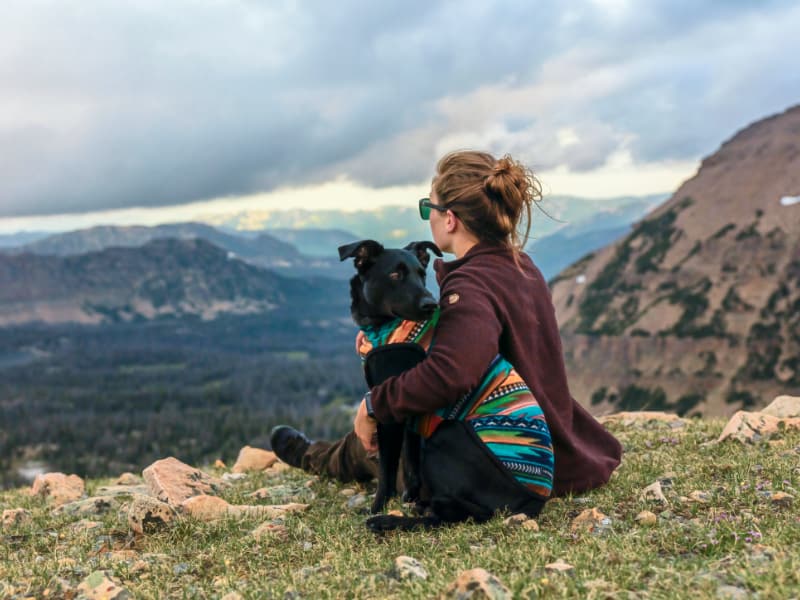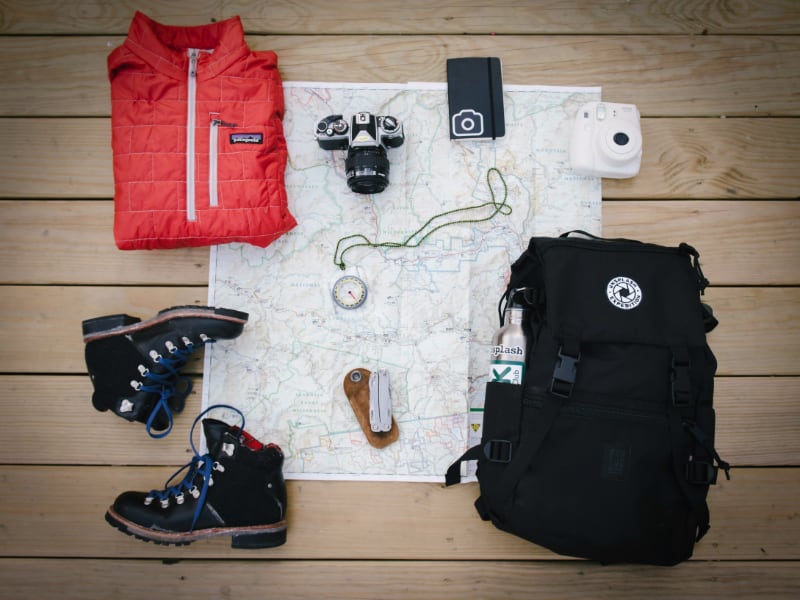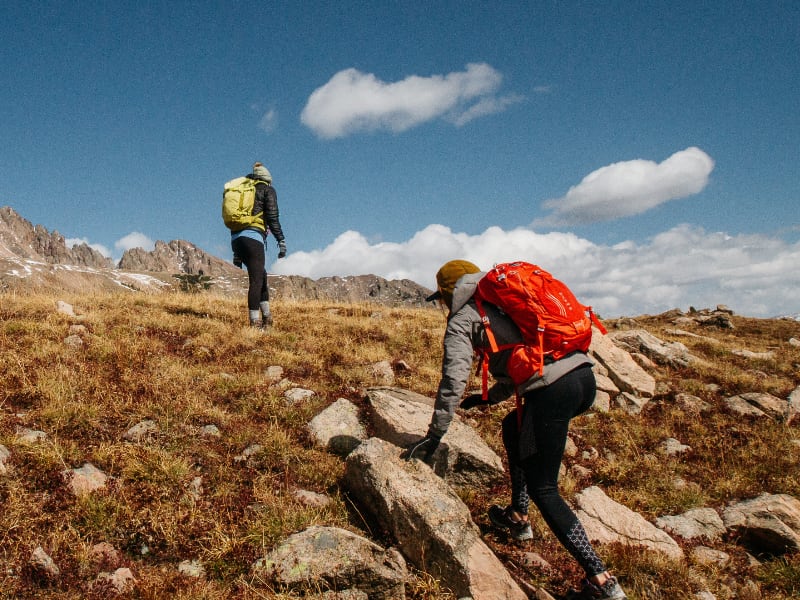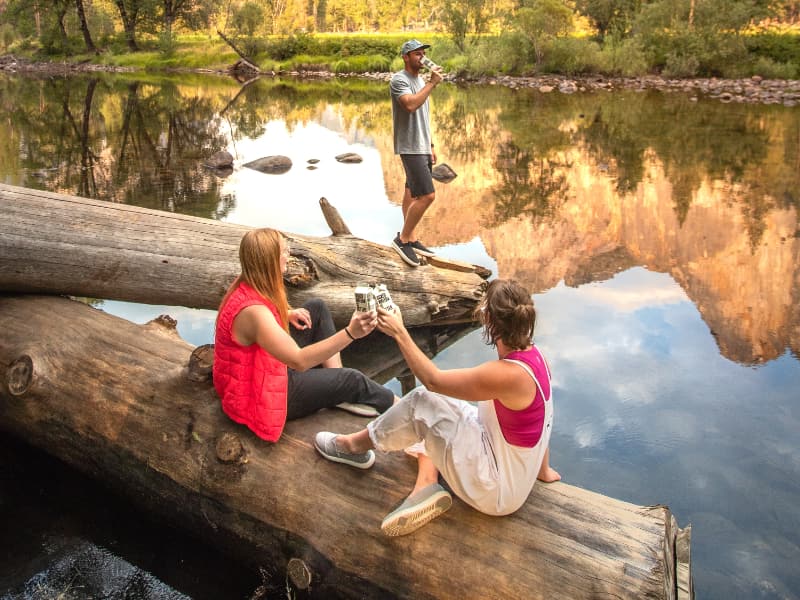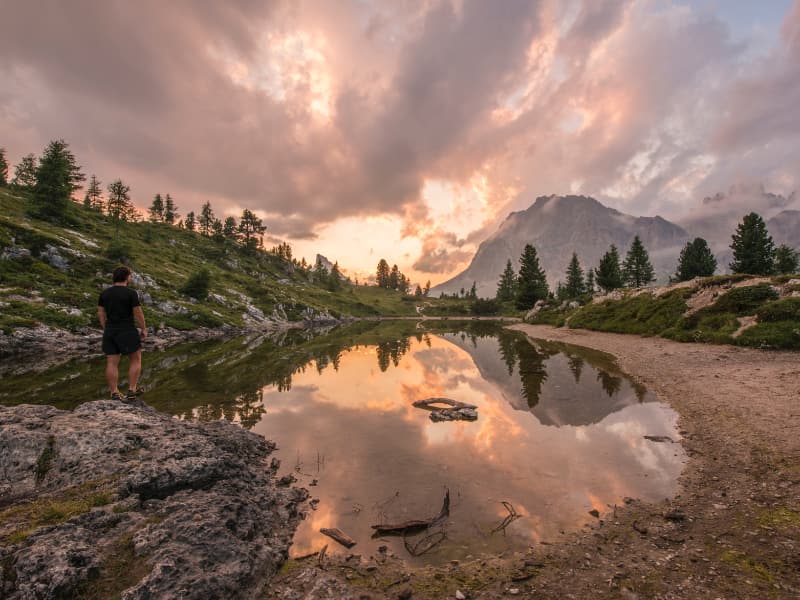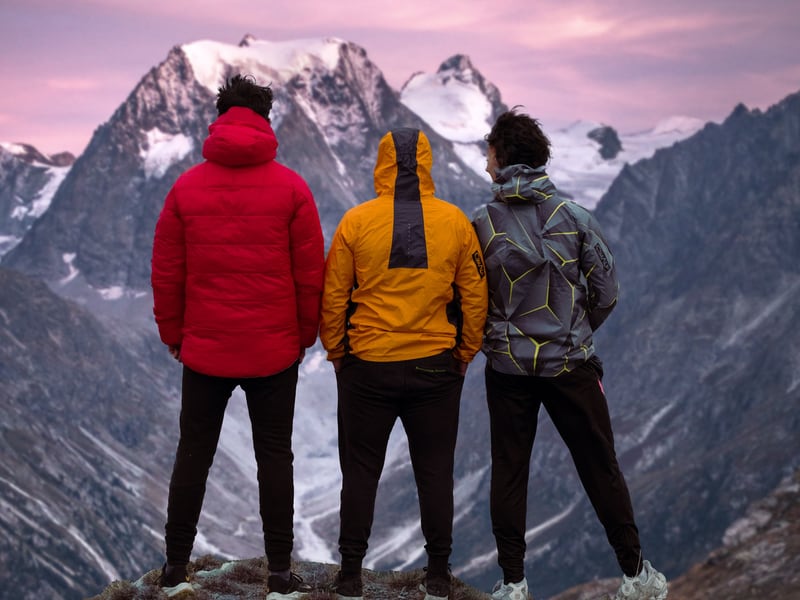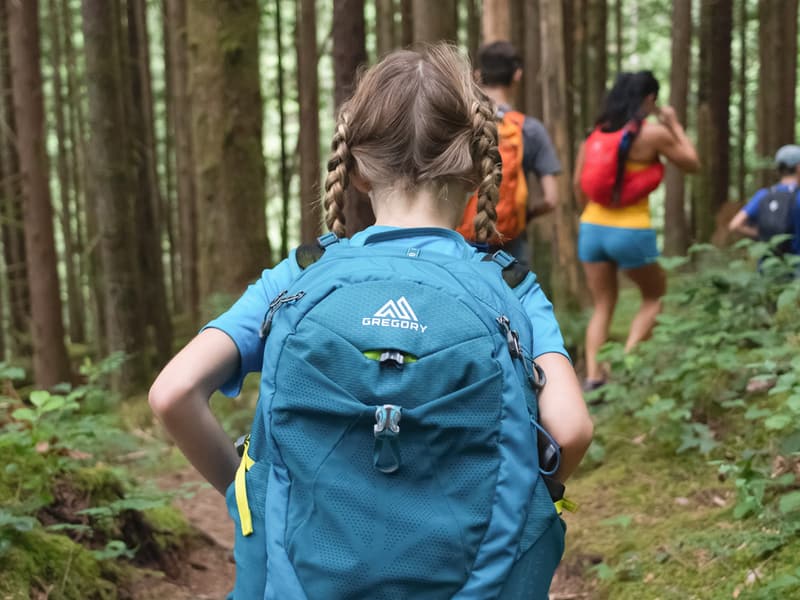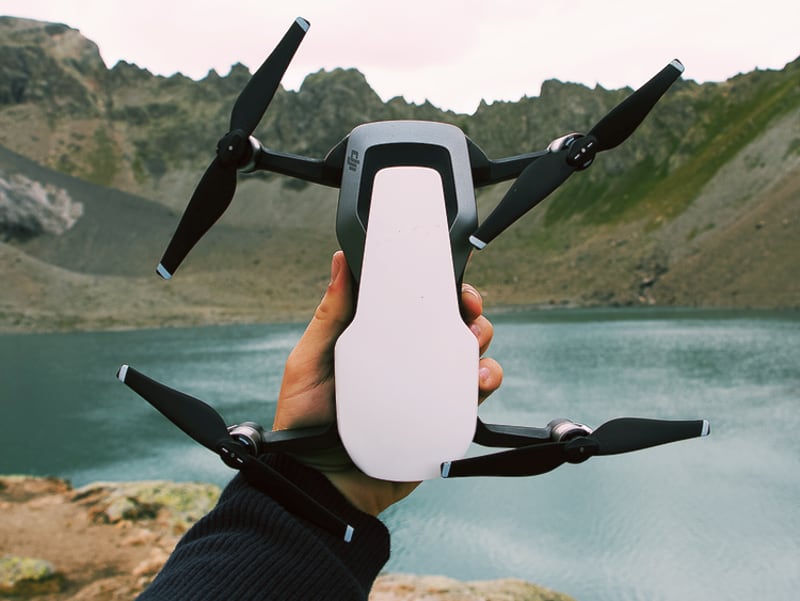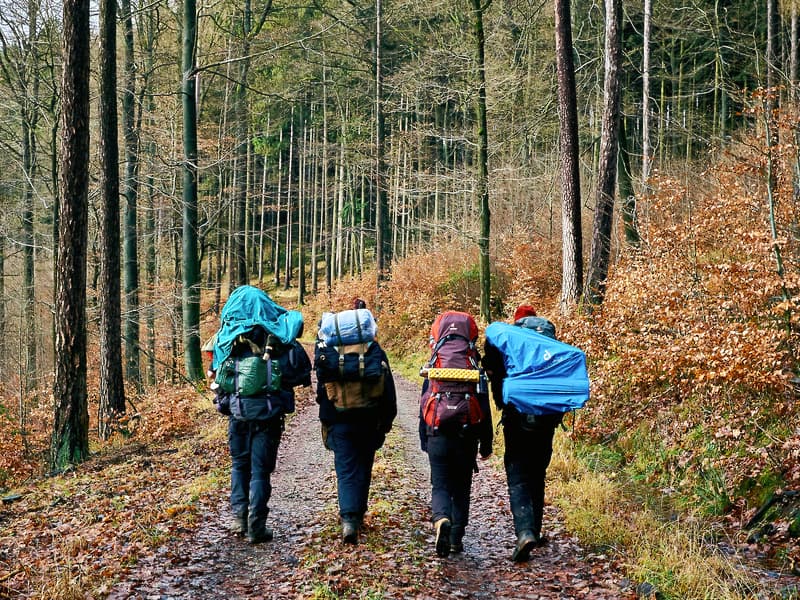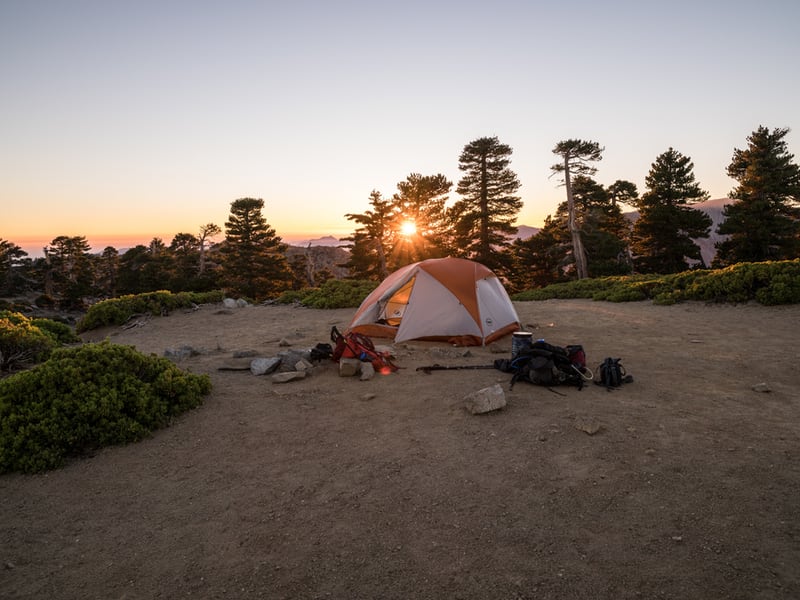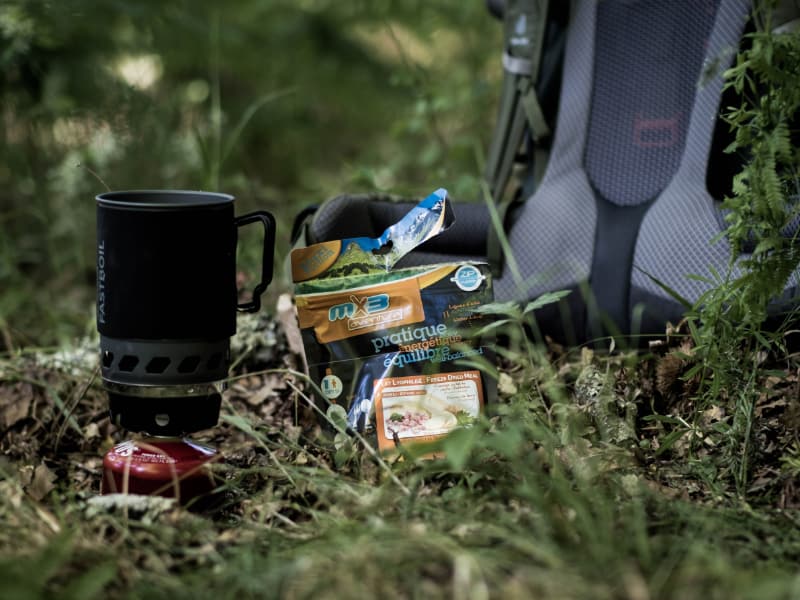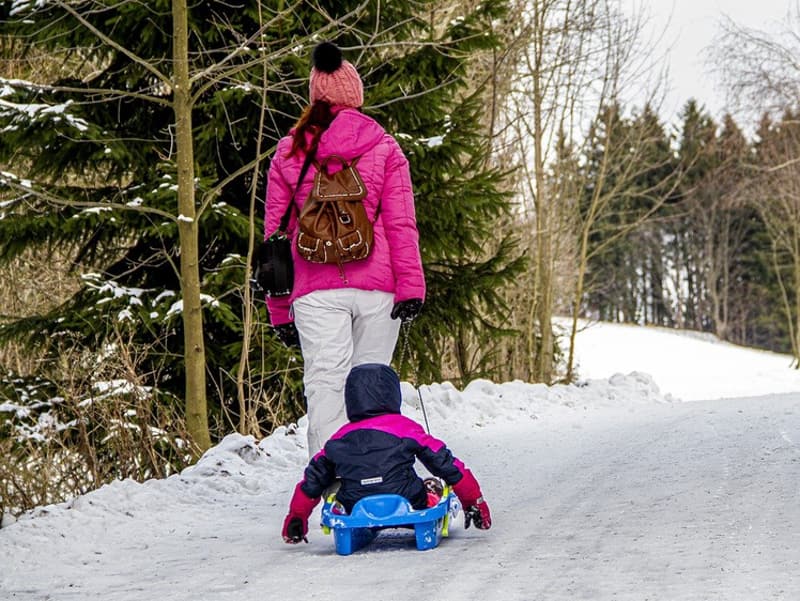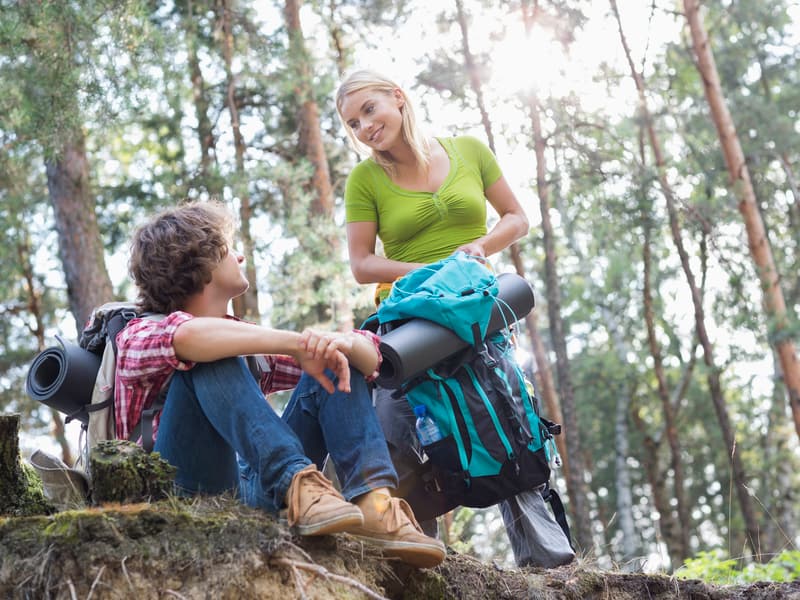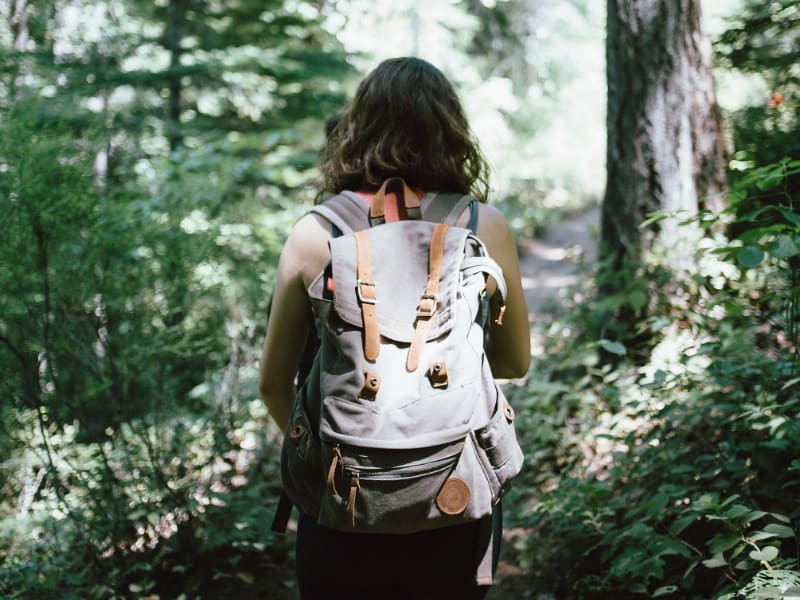
Backpacking is a great way to explore the outdoors and escape the hustle and bustle of everyday life. Whether you’re an experienced backpacker or a beginner, packing for a multi-day trip can be a bit overwhelming. Below are 10 tips to help you prepare for your next backpacking adventure.
1. Plan Your Route
Before you embark on your trip, you must have a clear route plan. This includes knowing the terrain, the distance you will cover each day and any landmarks you’ll pass.
Once you have a general idea of your route, it’s time to map it out. Many resources are available, including online maps, hiking guidebooks and local ranger stations. They can provide information such as distance, elevation changes and any special features along the way.
2. Pack Light
When it comes to backpacking, less is more. The lighter your pack is, the easier it will be to carry it for long distances and the more comfortable you will be on the trail. Below are a few tips to help you pack light:
- Make a list of all the items you will need.
- Look for lightweight alternatives for each item on your list.
- Prioritise packing the essentials first, such as food, water, shelter and clothing.
- Look for items that have multiple uses.
- Avoid bringing multiple items that serve the same purpose.
3. Hydrate and Eat Well
Staying hydrated and nourished is critical on multi-day backpacking trips. Here’s how to help you keep your energy levels during the adventure:
- Plan your meals and bring enough food for each day.
- Consider getting a water filter to treat water from streams or lakes.
- Choose food that’s high in protein, carbohydrates and healthy fats.
- Pack food that’s easy to prepare.
- Snack regularly to maintain your energy levels.
4. Invest in a Good Gear
Getting the right gear for your multi-day backpacking trip is essential for a successful and enjoyable experience. Firstly, consider what you’ll use each piece of equipment for and the type of environment you’ll be in. Take some time to research the different options and lastly, while it may be tempting to go for the cheapest options, investing in quality gear will pay off in the long run.
5. Prepare for all Weather Conditions
The weather can be unpredictable, especially in regions like the U.K. This is why it becomes crucial to prepare for all conditions. Make sure you have appropriate clothing for hot, cold and wet weather. Remember to bring extra layers in case the weather becomes unbearably cold.
6. Protect Your Sleep
Knowing how to get a good night’s sleep while camping is essential for having a successful and enjoyable multi-day backpacking trip. You’ll need to learn how to rest well on your adventure:
- Pick a suitable campsite that’s protected from the wind and has good drainage.
- Bring a pillow to stuff in your sleeping bag to make it more comfortable.
- Take some time before bed to relax and wind down.
- Use a sleep mask or eye cover to block out light and improve your sleep quality.
- Make sure you have enough blankets if you get cold at night.
7. Pack a First-Aid Kit
You should always bring a first-aid kit on any backpacking trip. It’s always better to be ready in case of an emergency. A basic first-aid kit should include adhesive bandages, antiseptic wipes and pain relievers. Make your kit accessible by packing it in an easily locatable part of your backpack.

8. Look After Your Feet
After a day of hiking, having to treat a blister is mostly unavoidable. Dealing with blisters and painful feet in the middle of a backpacking trip hundreds of miles from civilisation is a special challenge. Your feet are the most crucial component of your body for trekking, second only to your head. Look after them.
9. Bring Some Treats
Bring some snacks you can enjoy while winding down to keep your spirits up. This might be some delicious snacks like gummy bears or chocolate bars, or it could even be a wonderful book you can get lost in. Bring a pair of flip-flops with you as well — after a long day of walking, it feels great to change from hiking boots to lightweight shoes. You’ll appreciate the small comforts after a long day on the trail!

10. Practise Leave No Trace Principles
Following the Leave No Trace principles help ensure human activity doesn’t damage the natural environment. This includes respecting wildlife, minimising campfire impacts and properly disposing of waste.
Start Preparing for Your Backpacking Trips
Preparation is vital to a successful multi-day backpacking trip. By following these tips, you’ll be well on your way to an unforgettable adventure in the great outdoors!

